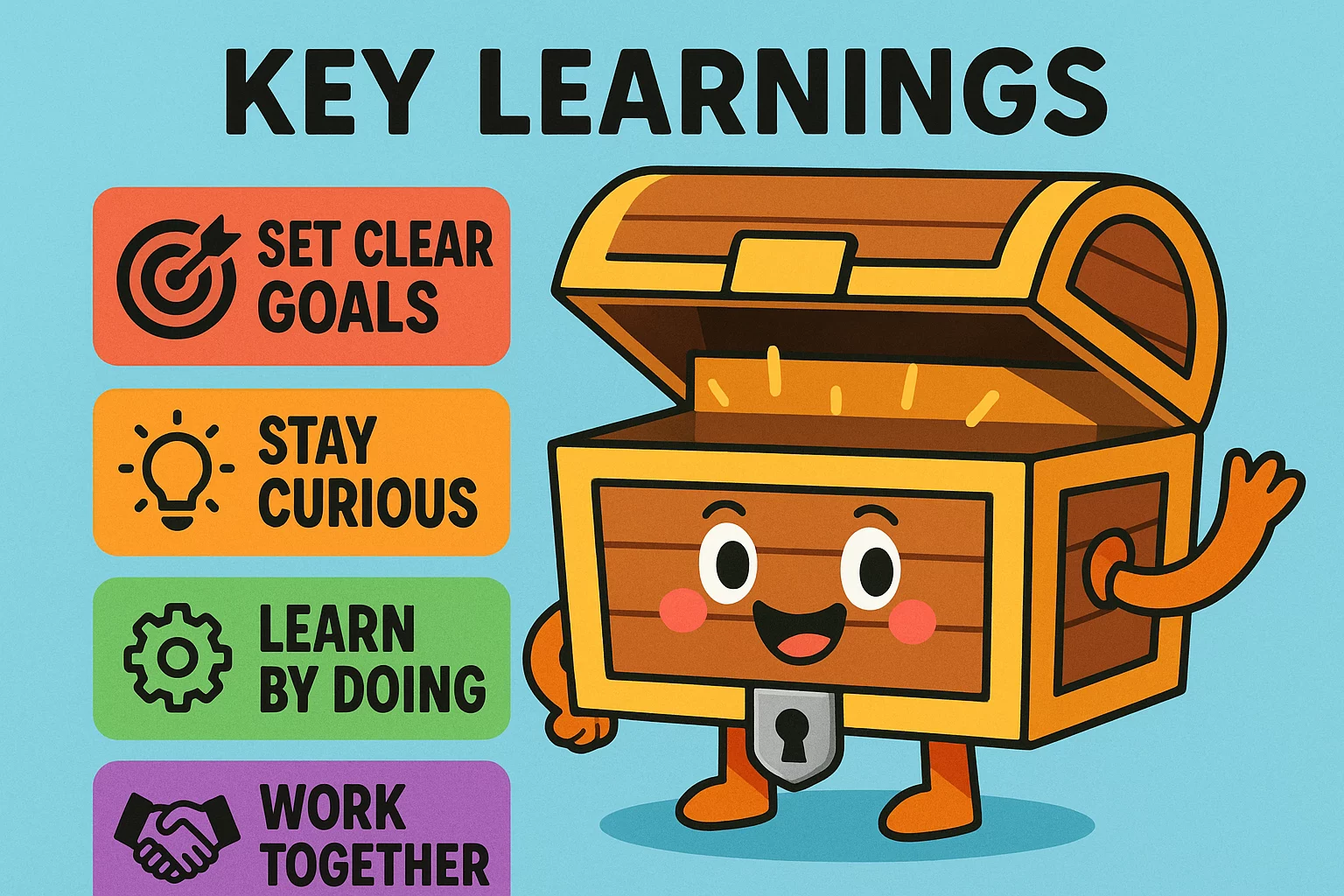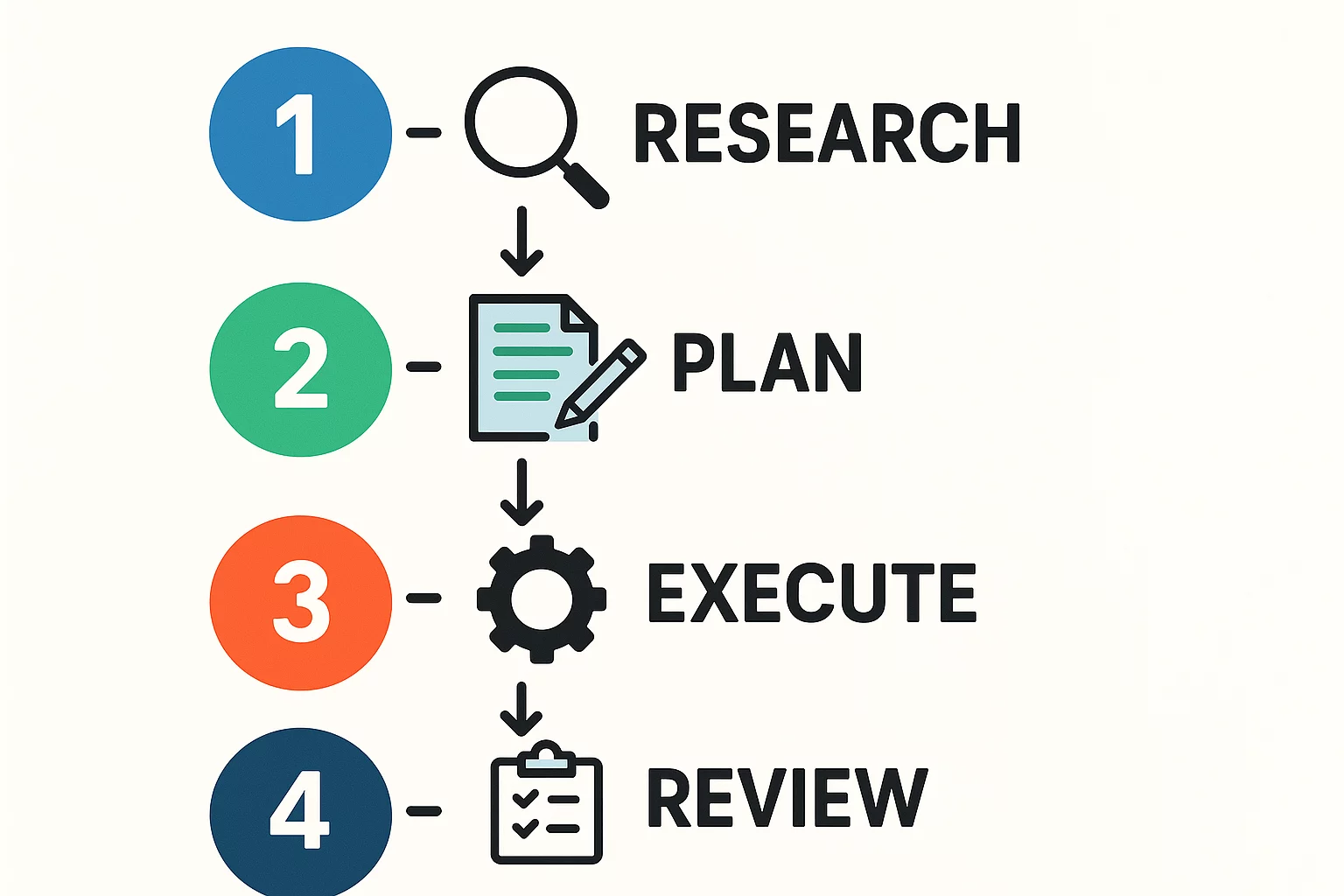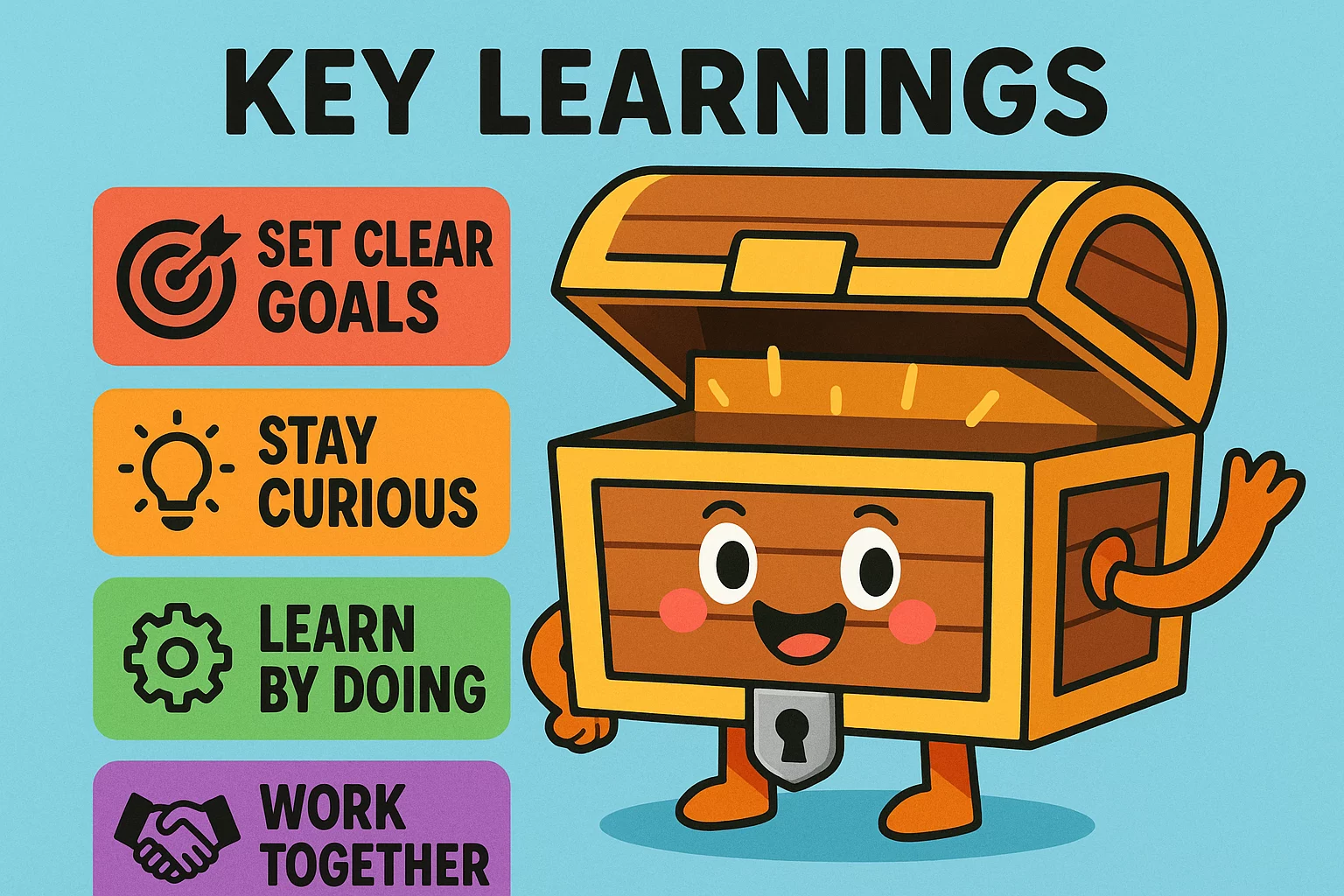Imagine an investor asks you a simple question three years after your solar module factory opens: ‘Can you prove that every module you produced last Tuesday used the exact materials certified for bankability?’
For many manufacturers, a question like this is impossible to answer. For a successful one, the answer is not only ‘yes’—it’s readily available in minutes.
The difference lies not in the quality of the machines on the factory floor but in the unseen systems that govern them. A robust Quality Management System (QMS), built on strict Bill of Materials (BOM) control and comprehensive material traceability, forms the true foundation of a trustworthy and profitable solar manufacturing business. This is what separates a short-term venture from a long-term, bankable asset.
What is a Bill of Materials (BOM)? More Than a Simple List
A Bill of Materials is the exact, certified recipe for a single solar module. This precise list specifies not just every component—from the front glass and solar cells to the encapsulant, backsheet, and junction box—but also the exact supplier and model number for each.
This is not merely a shopping list. The BOM is a legally binding document tied to your module’s certification (like IEC 61215). Any deviation, no matter how small, can technically void that certification and put your entire operation at risk. A controlled BOM ensures that every single module leaving your factory is identical in composition and performance to the one that passed rigorous third-party testing.
Maintaining this consistency is crucial. Research from institutions like the Public VRE Inter-laboratory Validation (PVEL) consistently links module failure in the field to the degradation of materials like backsheets and encapsulants. Strict adherence to a certified BOM is your first line of defense against these long-term risks.

The Unseen Guardian of Quality: Material Traceability
If the BOM is the recipe, material traceability is the documented proof that you followed it perfectly for every module you produced. It involves tracking every component from the moment it arrives at your warehouse to the moment it becomes part of a finished module with a unique serial number.
Think of it as a birth certificate for each solar panel. This certificate can tell you:
- Which batch of EVA encapsulant was used.
- Which roll of backsheet was installed.
- Which pallet of solar cells was processed.
- The exact date and time it was laminated.
This level of detail may seem excessive, but its value is immense. If a material defect is discovered years later, you can instantly identify the exact range of affected modules by their serial numbers. This allows you to manage warranty claims precisely and transparently, protecting both your customers and your company’s reputation. Without it, a single faulty roll of backsheet could force a recall of months of production—a financially devastating scenario.
From Recipe to Reality: Why BOM Control and Traceability are Inseparable
A BOM without traceability is just a plan with no proof of execution. Traceability without a strict BOM is just tracking inconsistency. The two must work in concert within an integrated system.
This system must do more than record data; it must actively prevent errors. For example, if an operator attempts to load an uncertified roll of backsheet onto a machine, the system should halt the process until the correct, BOM-specified material is provided. This automated enforcement removes the potential for human error and ensures your production line adheres strictly to certified standards.
This meticulous oversight is central to our approach to quality, ensuring that every module is built without compromise. It transforms quality control from a matter of chance into a matter of process.

The Language of Investors: How a QMS Builds Bankability
Ultimately, a solar factory exists to produce a reliable, long-term asset. Financial institutions and large-scale investors use the term ‘bankability’ to describe their confidence in a module’s ability to perform reliably for its entire 25-year lifespan.
That confidence is built on proof. Data from the International Energy Agency (IEA) shows that the solar industry has made incredible strides, with average module degradation rates falling from 1% per year to around 0.5% today. Investors expect your products to meet this high standard. A robust QMS with full traceability provides the verifiable proof they require.
When auditors visit your factory on behalf of a bank or investor, they won’t simply look at your finished products. They will scrutinize your processes, ask to see your BOM, and test your traceability system. Your ability to provide clear, comprehensive data is often the deciding factor in securing project financing. This is a standard, non-negotiable part of the due diligence process for all professionally designed turnkey production lines.
Frequently Asked Questions (FAQ)
What exactly is a Bill of Materials (BOM)?
A BOM is the official, certified list of every component and supplier approved for manufacturing your solar module. It is the master recipe that must be followed without deviation to maintain your product’s certification and warranty.
How does material traceability work in practice?
It begins when raw materials arrive. Each roll, pallet, or box is given a unique internal ID linked to the supplier’s batch number. At each production step, this ID is scanned and digitally associated with the specific module being assembled. The final module receives a unique serial number that serves as a key to access the complete history of every component within it.
Why is it risky to use uncertified or alternative materials?
Using materials not listed on your certified BOM, even if they seem identical, voids your product’s IEC certification. This can lead to canceled orders, voided warranties, and severe damage to your company’s reputation. In fact, PVEL’s testing shows that 45% of manufacturers have experienced at least one failure, often due to unvetted materials that degrade unexpectedly in the field.
How does this system impact my factory’s final certification (e.g., IEC)?
A functioning traceability and BOM control system is essential for passing factory audits conducted by certification bodies like TÜV. Auditors must verify that you have processes in place to consistently manufacture the exact product that was originally tested and certified. Without this proof, you cannot achieve or maintain certification.

Your Foundation for Long-Term Success
Building a solar module factory is about more than assembling machines; it’s about building a system of trust. Material traceability and BOM control are not administrative burdens; they are the foundational pillars of that trust. They demonstrate a commitment to quality that auditors, investors, and most importantly, your customers can see.
This is how you build a brand that stands for reliability and a business that is positioned for sustainable, long-term success.
If you are ready to build a solar factory founded on trust and bankability, contact our team to discuss implementing a world-class quality management system for your project.
